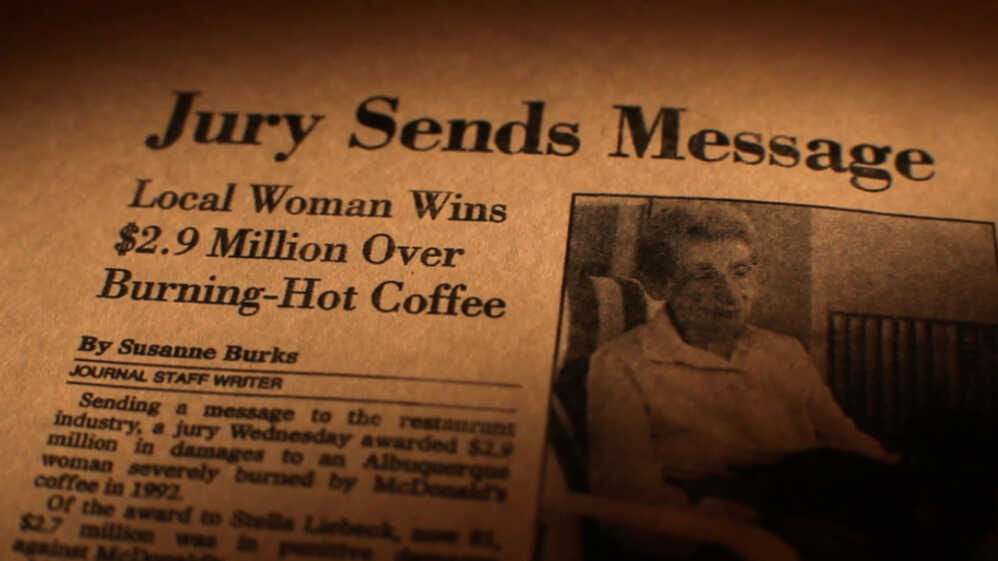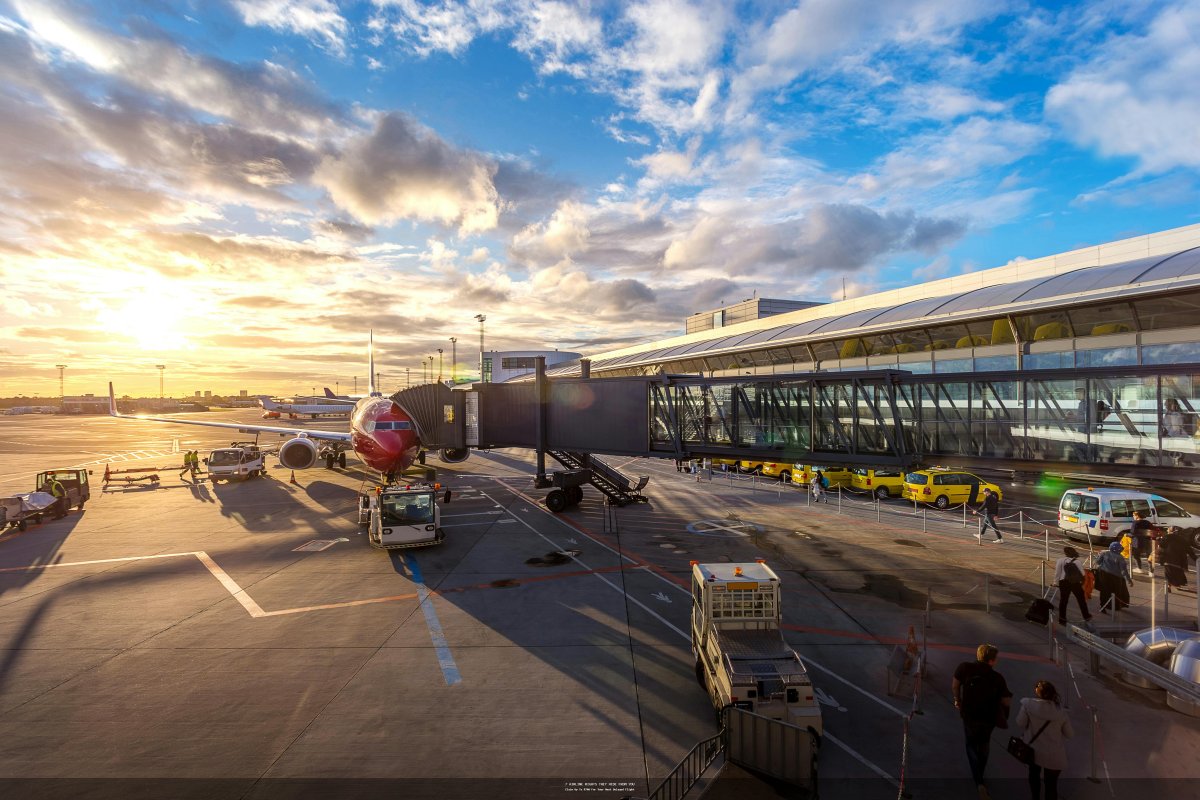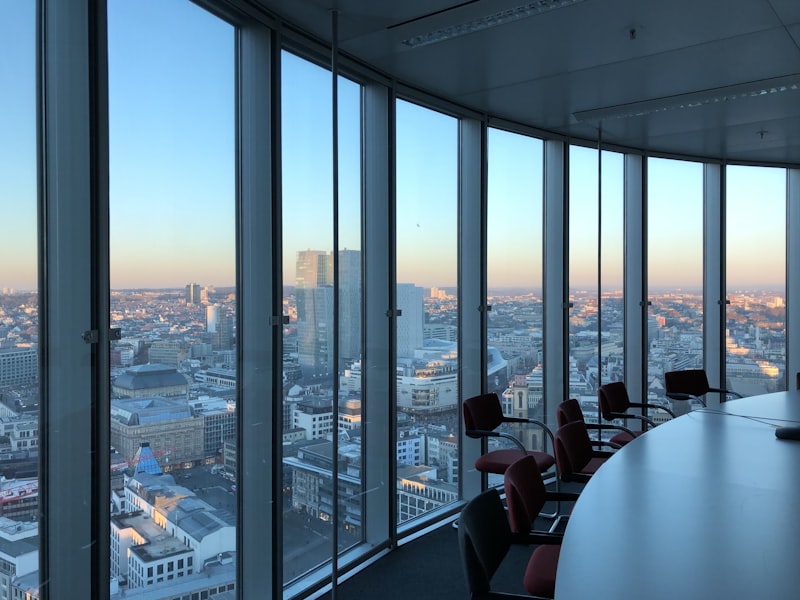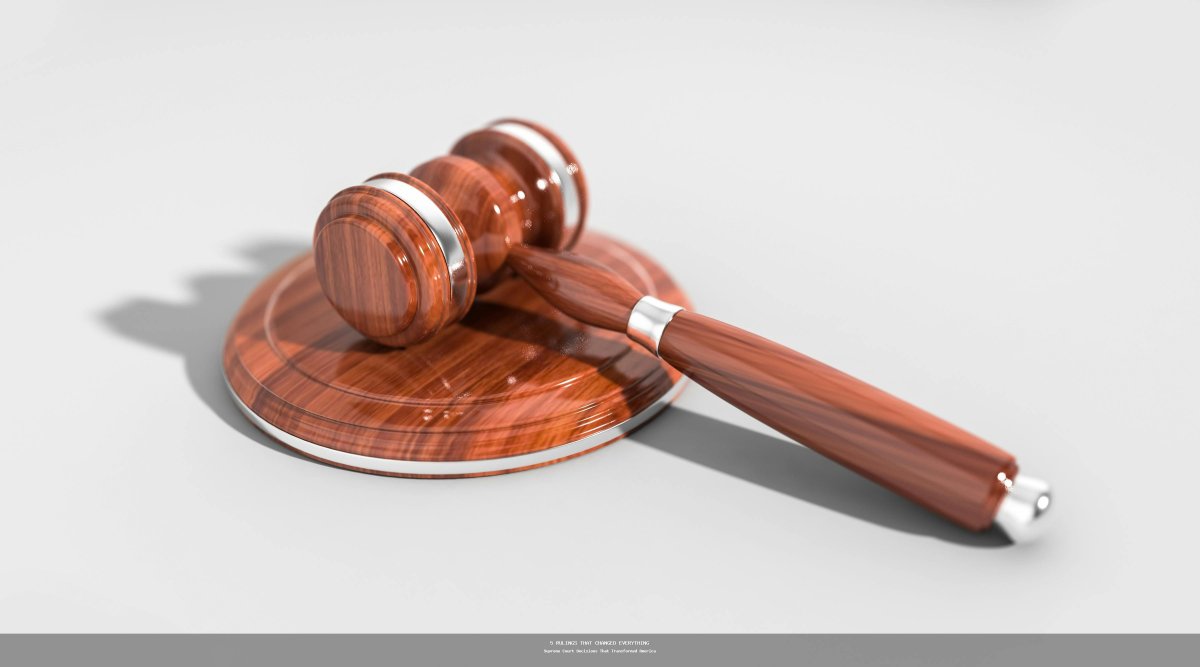When 79-year-old Stella Liebeck spilled McDonald's coffee on herself in 1992, it became one of the most misunderstood legal cases in American history. The public narrative painted it as a frivolous lawsuit, but the reality was far more complex and sobering.
The Incident That Changed Product Liability
Contrary to popular belief, Liebeck wasn't driving when the spill occurred. She was a passenger in a parked car when she attempted to add cream and sugar to her coffee. The coffee—served between 180-190 degrees Fahrenheit (82-88°C)—caused third-degree burns within seconds of contact with her skin.
These weren't minor burns. Liebeck suffered third-degree burns on 16% of her body, including her groin, inner thighs, and buttocks. She required skin grafts and was hospitalized for eight days.
What Many People Don't Know
Before filing a lawsuit, Liebeck only asked McDonald's for $20,000 to cover her medical expenses, which totaled $10,500, plus her daughter's lost wages for caring for her. McDonald's refused, offering only $800.
What's more, McDonald's had received over 700 reports of burns from their coffee in the previous decade but made no changes to their policies or procedures.
The Trial Revelations
During discovery, internal McDonald's documents revealed that:
- McDonald's required franchises to hold coffee at 180-190°F, significantly hotter than home-brewed coffee (135-140°F)
- Their quality control manager testified that the coffee was "not fit for consumption" at the temperature it was served
- McDonald's own experts acknowledged that liquids at 180°F would cause third-degree burns in 12-15 seconds
The Verdict and What Really Happened
The jury awarded Liebeck $2.7 million in punitive damages—the equivalent of just two days of McDonald's coffee sales at the time. The judge later reduced this to $480,000, and the case eventually settled for an undisclosed amount less than $600,000.
The case led to significant changes in how restaurants serve hot beverages and transformed product liability law. Today, virtually all hot beverage containers carry warning labels—a direct result of this case.
Why It Matters Today
The Liebeck case illustrates how public perception of legal cases can be dramatically different from reality. It reminds us that behind every lawsuit is a human story, and that our legal system, while imperfect, provides recourse for individuals harmed by corporate negligence.
Next time someone mentions the "frivolous hot coffee lawsuit," you'll know the truth behind one of America's most misunderstood legal cases.






